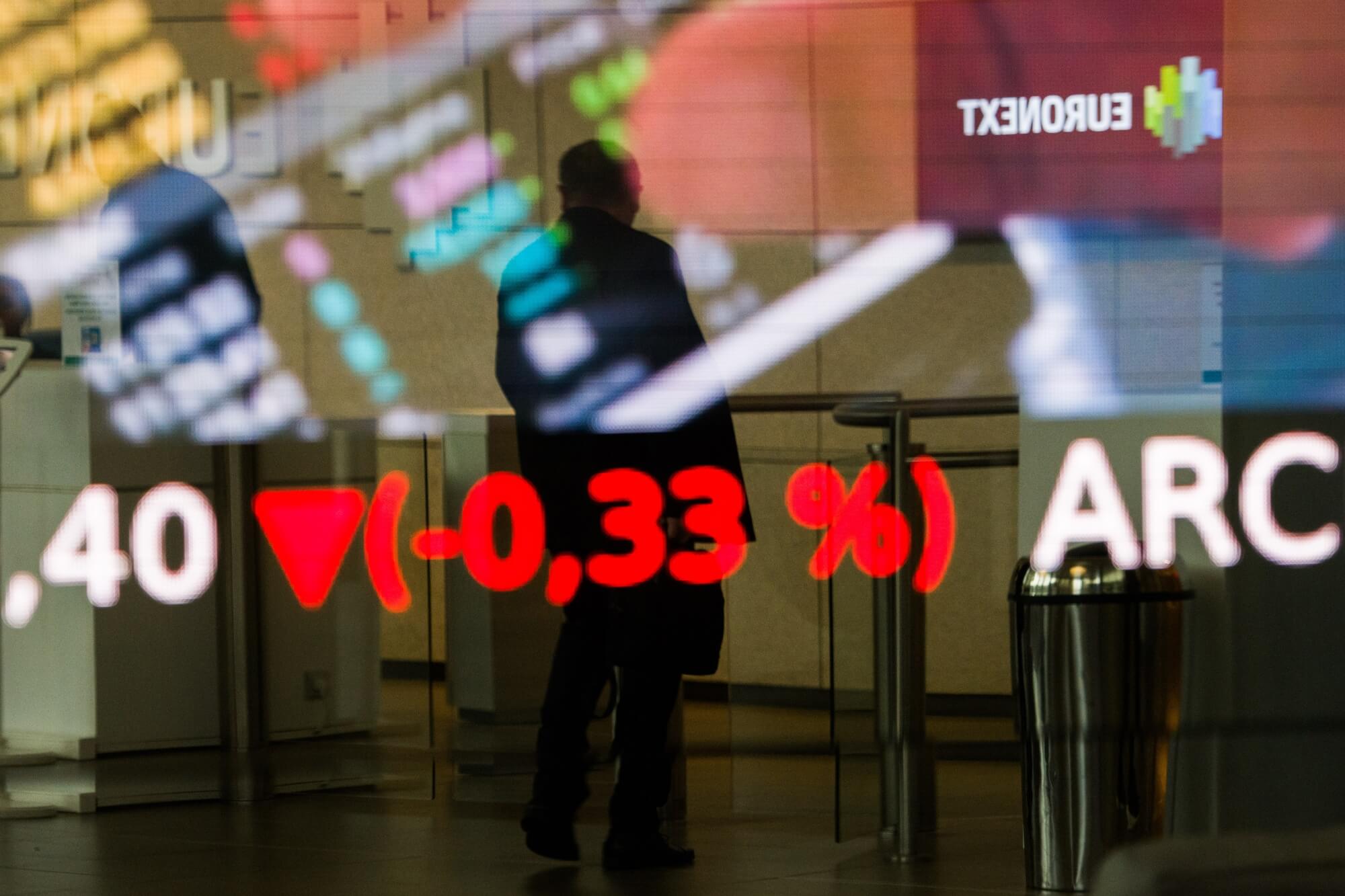Equity markets in Asia experienced gains following a renewed rally in US stocks, driven by fresh data supporting the argument for more substantial interest rate cuts by the Federal Reserve than previously expected. Regional equities, including benchmarks in Japan, Hong Kong, and Taiwan, rose for the third time in four days. The S&P 500 surged by 1% on Thursday, positioning itself for an eighth consecutive week of gains. While Treasuries remained relatively unchanged, the dollar inched higher against most major currencies.
The latest US economic data revealed a downward revision of GDP growth to a 4.9% annualized rate in the third quarter, falling short of consensus projections. Personal consumption data also proved softer than economists had predicted.

Chris Larkin, managing director of trading and investing at E*Trade from Morgan Stanley, noted that these figures align with the narrative of a cooling economy, reinforcing expectations for the Fed to implement rate cuts in the near future. This sentiment has played a significant role in the recent market surge.
Mainland China’s benchmarks deviated from the regional trend, continuing a weekly decline, while US stock futures edged lower.
The Japanese yen experienced minimal changes following the release of November’s inflation data, in line with forecasts. Bloomberg’s dollar index registered a slight increase after a 0.6% decline on Thursday.
Traders are eagerly awaiting the release of the Fed’s preferred inflation metric, the core personal-consumption expenditures price index, expected to reach the central bank’s 2% target. Swaps traders are currently pricing in approximately 150 basis points of Fed cuts in the coming year, double the central bank’s signals.
Ian Lyngen of BMO Capital Markets emphasized that consolidation remains a significant factor as the market approaches the year’s end. He anticipates next week’s price action to be largely irrelevant, given the presumed limited liquidity and conviction.
Traders are also monitoring the impact of China’s decision to halt certain exports of rare-earth technologies in the ongoing trade tensions with the US. China is the primary global supplier of rare earth materials.
In the commodities market, oil rebounded slightly after a Thursday retreat, driven partly by increased US production, which mitigated the threat of Houthi attacks on ships in crucial waterways. Gold reached a three-week high.









